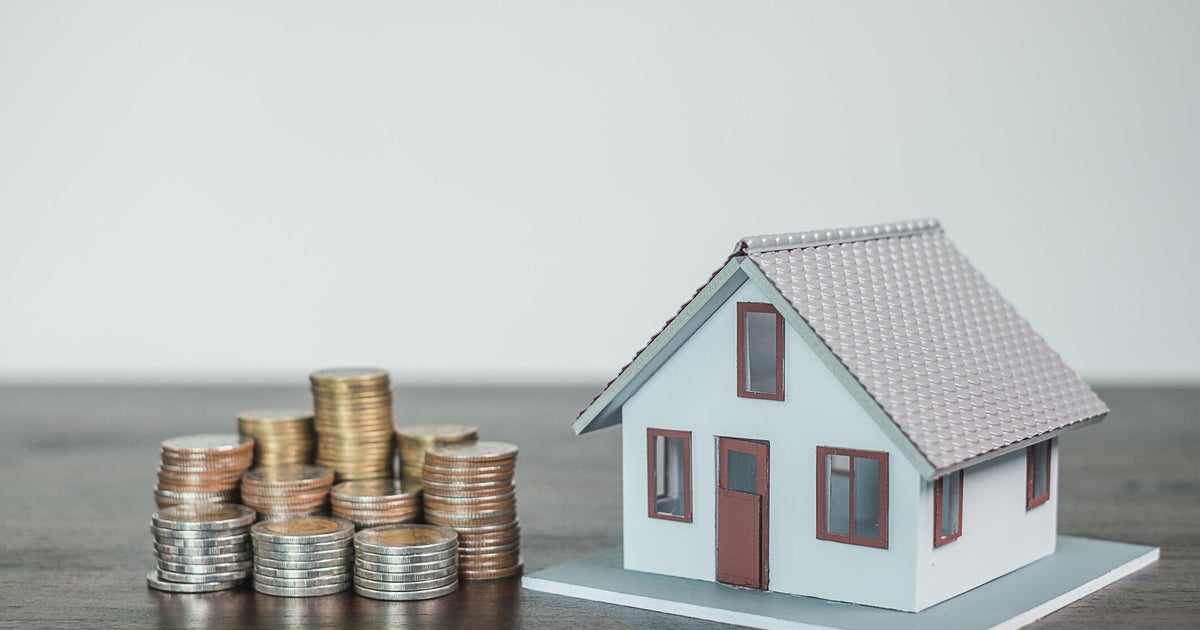Should seniors tap into their home equity? 3 factors to consider
Interest rates — including those on home equity loans and HELOCs — have increased this year. But does that make these products a bad move in today's environment? Not necessarily.
Despite their recent uptick, home equity loan rates tend to be much lower than many other loan options. Credit card loan rates, for instance, are typically double the rates found on home equity loans and HELOCs. Personal loan rates aren't much better.
Still, that doesn't mean tapping your home equity is automatically the right choice when you need cash — particularly for seniors. Are you an older homeowner who's considering a home equity loan or HELOC to cover an upcoming expense? Then it helps to know what to consider as you make your choice.
Not sure what home equity loan interest rate you'd qualify for? Find out here now.
Should seniors tap into their home equity?
Here are three major factors to consider if you're a senior considering using your existing home equity.
How much equity you have
First, consider how much equity you have in your home, as this can impact both how much you can borrow, as well as how risky the loan is.
Lenders generally allow you to borrow between 80 and 85% of your home equity, so if you own your home outright, you could potentially borrow hundreds of thousands of dollars. If you have an existing mortgage balance, though, it will be less. To calculate how much you can borrow with a mortgage balance, take your home's value, subtract the balance, and then multiply by 0.85.
You should also think about the risk your equity stake amounts to. If you have very little equity, borrow nearly all of it, and then your home loses value, you could end up owing more on your home than it's worth. This would make it difficult to repay your loans (or for your heirs to), should you need to sell the home.
"Look at the current rate environment, how much equity they have saved and consider some of the risks," says Rebecca Awram, a mortgage advisor at Axiom Mortgage Solutions and Seniors Lending Centre. "Generally, home equity loans are excellent borrowing options for seniors because they tend to have lower rates than unsecured loans like credit cards."
You can easily explore your home equity loan options online right now.
How you'll cover your payments
You should also think about the payments that will come with your loan — and how you plan to cover them. This is particularly important if you're on a fixed income and have little earnings coming in.
That's because home equity loans and HELOCs use your home as collateral, so if you're unable to make your payments on them — even for just a few months — you could be foreclosed on. As Awram explains, "While home equity loans offer immediate access to funds with lower interest rates, they come with repayment obligations and risks of losing the home."
Some home equity products — largely HELOCs — also come with variable rates. This can make your monthly payments unpredictable and especially challenging for those on limited incomes.
"Seniors on a fixed income should carefully evaluate how comfortable they would be with a changing payment," says Ryan Atkins, director of mortgage production at First Horizon Bank.
Your alternatives
Finally, consider what you need the money for and how else you'd pay for it. If it's an unavoidable expense, do you have the savings to cover it? If not, would you turn to a personal loan or credit card to pay for those costs?
"Generally, high-interest borrowing options such as credit cards and personal loans are not a financially good idea for seniors who have much less cash flow," Awram says. "Their homes are their most significant pieces of equity, so it is better to take from there than to rack up a credit card and use savings to pay it back."
Currently, the average rate on personal loans is 12% compared with under 9% for home equity loan rates. Average credit card rates are over 21%
"Credit cards are the worst means of accessing money because interest rates are as high as 25% right now and they change on a monthly basis," says Jay Garvens, business development manager at Churchill Mortgage.
See what home equity loan rate you would qualify for here.
A reverse mortgage could work, too
Home equity loans and HELOCs aren't the only way seniors can access their home equity. Homeowners 62 and older (sometimes 55, depending on the lender) can also consider reverse mortgages. These allow you to borrow from your home equity as a lump sum, a line of credit, or via monthly payments.
You don't pay interest or make monthly payments on reverse mortgages, either. Instead, you (or your heirs) repay what you borrowed — plus interest — once you sell the home or die.
"A reverse mortgage can be one of the best options for older homeowners looking to access equity in their homes," Awram says. "The qualification process is simply the appraisal of the home, and the requirements of income, debt servicing, and credit score and history do not play a role as they do in conventional financing. This can be ideal for seniors on limited incomes who have lots of equity in their homes."
Just be warned, Garvens says, reverse mortgages can often come with hefty upfront fees.
"On a $200,000 reverse mortgage, your out-of-pocket closing costs can be as much is $10,000 plus a monthly mortgage insurance premium," Garvens says. "But if a senior has equity in their house and no means to make the payment or they don't have enough money to survive on a monthly basis, reverse mortgage would be the final option."




